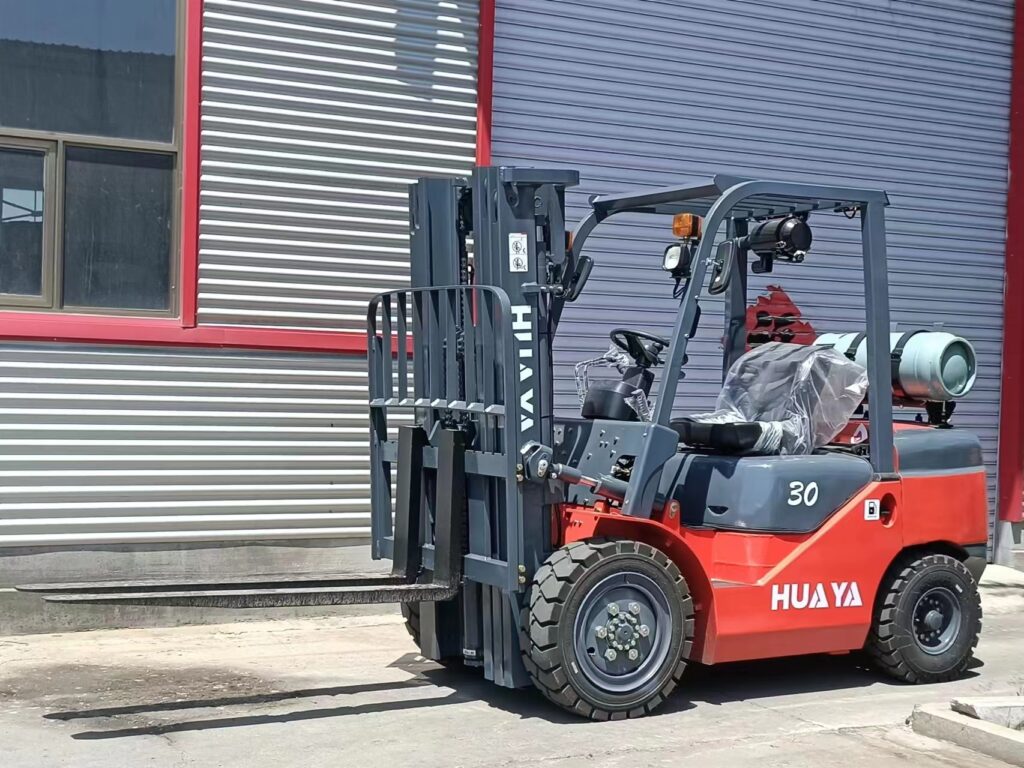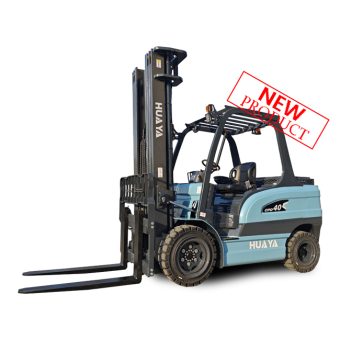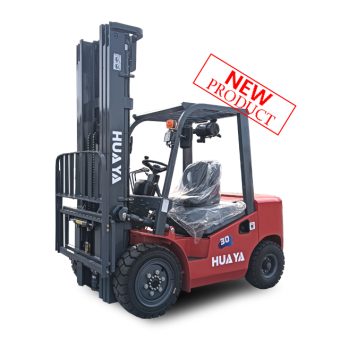
News
Forklifts, often regarded as the workhorses of warehouses and industrial settings, come in various shapes and sizes. One critical aspect that determines a forklift's capabilities is its engine. In this comprehensive guide, we will delve into the intricate world of forklift engines, exploring their types, performance, and the factors influencing the choice of these powerhouses.

Over the years, forklift engines have undergone a significant evolution, mirroring advancements in technology and a shift towards sustainability. Initially powered by conventional internal combustion engines, forklifts have embraced innovation, incorporating electric motors for enhanced efficiency and reduced environmental impact.
Internal Combustion Engines (ICE) have been the traditional choice for forklifts. These engines can run on various fuels, including gasoline, diesel, and liquid propane. Forklifts equipped with ICE are known for their robustness and ability to handle heavy loads in challenging environments.
Electric forklifts have gained popularity due to their eco-friendly nature and lower operating costs. Powered by rechargeable batteries, electric forklifts produce zero emissions, making them ideal for indoor use. They also offer quieter operation, contributing to a more comfortable working environment.
When it comes to performance, the choice between internal combustion engines and electric motors depends on the specific needs of the operation. ICE forklifts excel in outdoor settings where robustness and high torque are crucial. On the other hand, electric forklifts shine in indoor environments, providing a smoother and quieter operation.
Several factors play a pivotal role in determining the suitable engine for a forklift. These include the nature of the work environment, the frequency of use, and the desired level of sustainability. It's essential for businesses to assess these factors carefully to make an informed decision that aligns with their operational requirements.
Ensuring the longevity and efficiency of a forklift engine requires proactive maintenance. Regular check-ups, timely oil changes for ICE engines, and proper battery care for electric forklifts are essential practices. A well-maintained engine not only enhances performance but also minimizes downtime and repair costs.
In an era where environmental consciousness is paramount, the choice of a forklift engine carries significant implications. Electric forklifts, being emission-free, contribute to a greener workspace. Businesses are increasingly opting for electric models to align with sustainability goals and reduce their carbon footprint.
A1: Initially, electric forklifts may have a higher upfront cost, but their lower operating expenses and longer lifespan often make them more cost-effective in the long run.
A2: Yes, modern electric forklifts are designed to handle heavy loads, and advancements in battery technology have significantly increased their lifting capacities.
A3: While electric forklifts require charging infrastructure, it is not necessarily specialized. Many businesses can adapt existing electrical systems to accommodate electric forklift charging.

